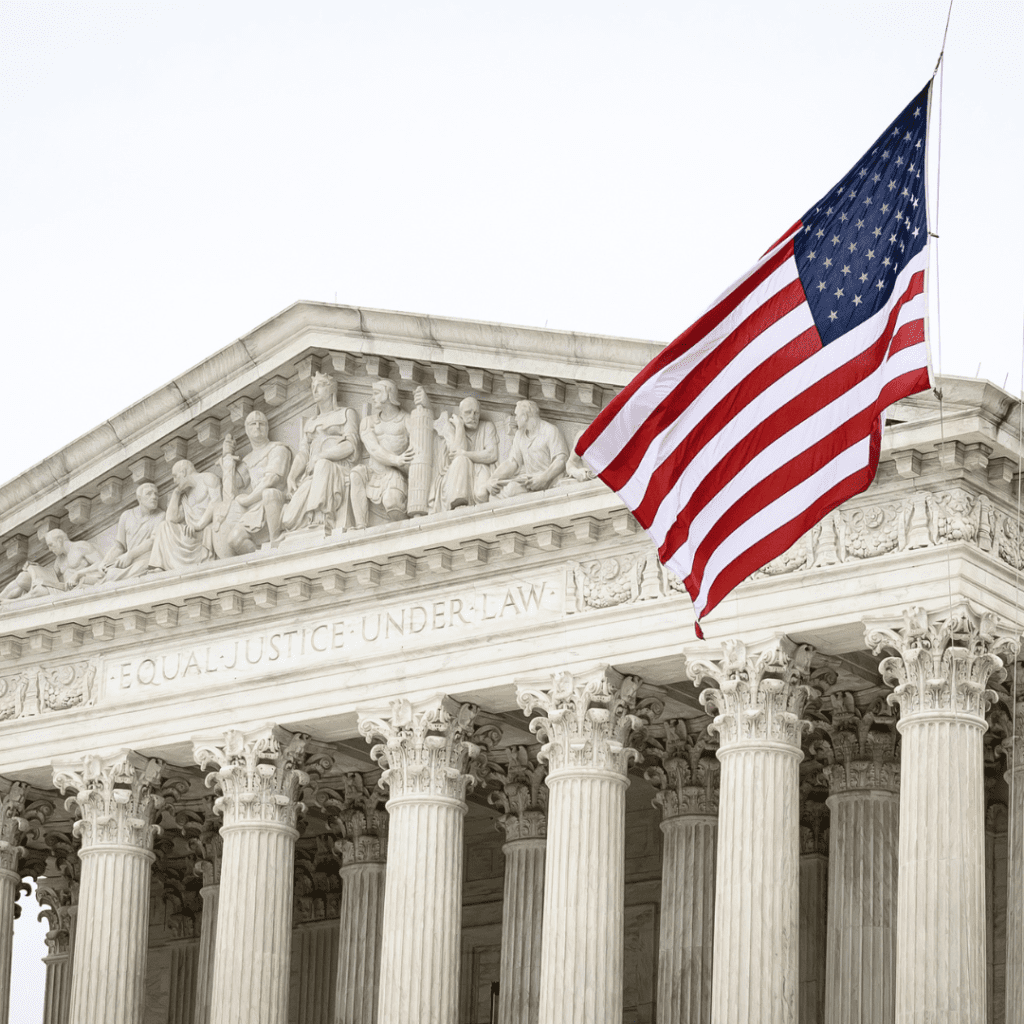In a 5-4 decision, the US Supreme Court held that federal courts do not have jurisdiction to review factual determinations made during discretionary-relief immigration proceedings under 8. U.S.C §1255 and 8 U.S.C. §1252(a)(2)(B)(i).
In the case, Patel, the Petitioner had entered the United States illegally and later applied for residence status. While his petition for a green card was pending, Patel checked a box in DL application that asked if he was a U.S. Citizen. The US Citizenship and Immigration Services (USCIS) deemed the checking of the box a “misrepresentation” that rendered him ineligible for a green card. He was then placed in deportation proceeding.
During the removal process, the Immigration Judge ruled that his checking off the box in the Driver’s License application was intentional, denied his request for a green card, and ordered him deported.
Patel appealed to the 11th Circuit Court of Appeals, and then to the Supreme Court. 8 U.S.C. §1252(a)(2) of the US code addresses what orders of deportation are subject to judicial review. The parties debated what the word “judgment” meant in 8 U.S.C. §1252(a (2) and the Supreme Court’s majority bought into the idea presented by the Amicus Curiae 1 —because the federal court declined to defend the 11 th Circuit Court of Appeals ruling—that “judgment” included factual findings of the immigration judge.
Conservative leaning, Justice Gorsuch, wrote a strong dissent where he stated: “Today, the Court holds that a federal bureaucracy can make an obvious factual error, one that will result in an individual’s removal from this country, and nothing can be done about it.”
For more immigration news subscribe to our newsletter at https://www.lawayala.com/. You can also schedule a case evaluation on any immigration case at https://www.lawayala.com/consultation/ , by calling our office at 305-570-2208 or by emailing Miami immigration attorney Eduardo A. Maura at eduardo@ayalalawpa.com
1 Amicus Curiae means “friends of the court.” It generally refers to a party or group that has a strong interest in the case and will argue in favor of a particular outcome of it. Since the federal government declined to defend the position of the 11 th Circuit Courts of Appeals, the Supreme Court appointed the Amicus Curiae to advocate against the position advanced by Patel, the petitioner.






